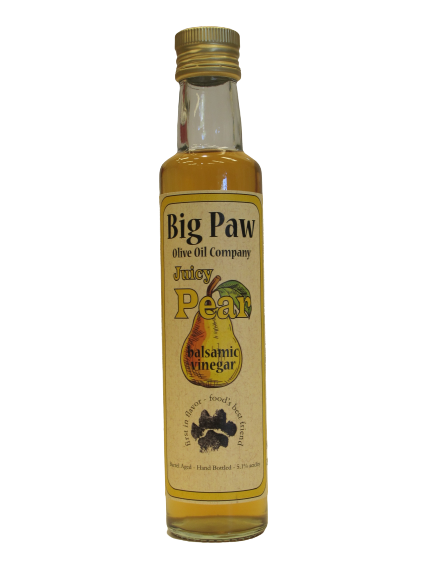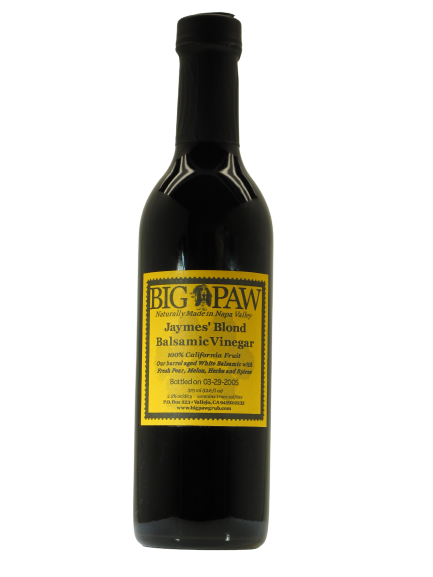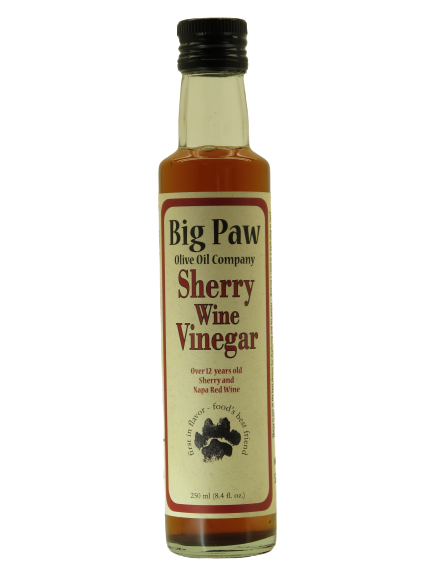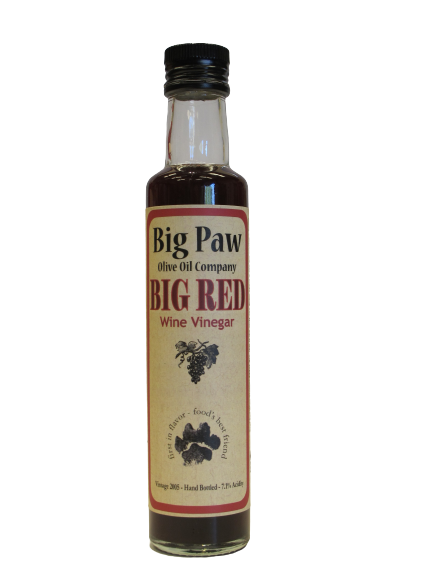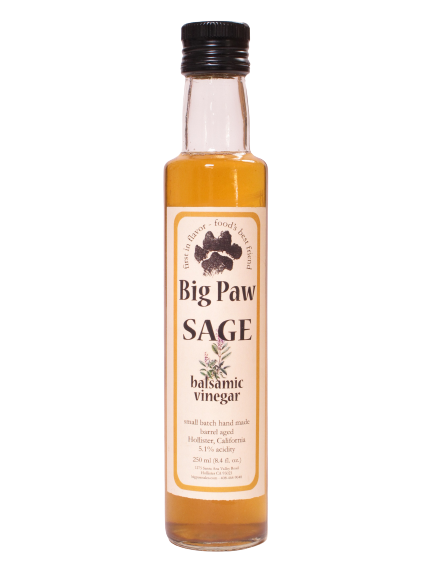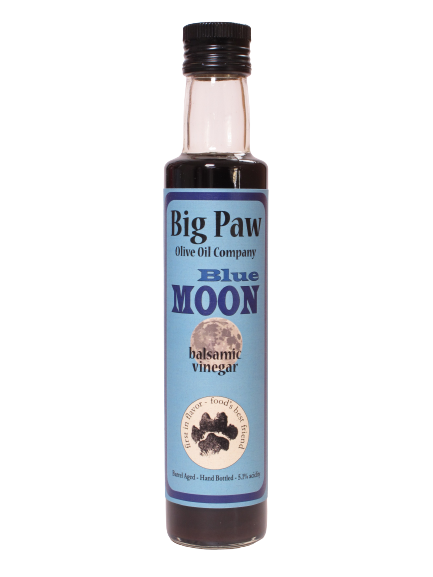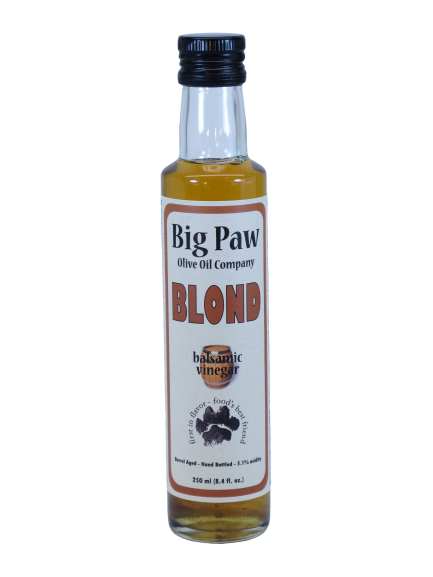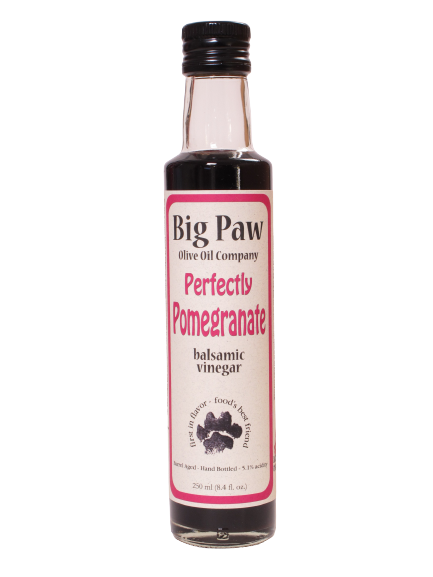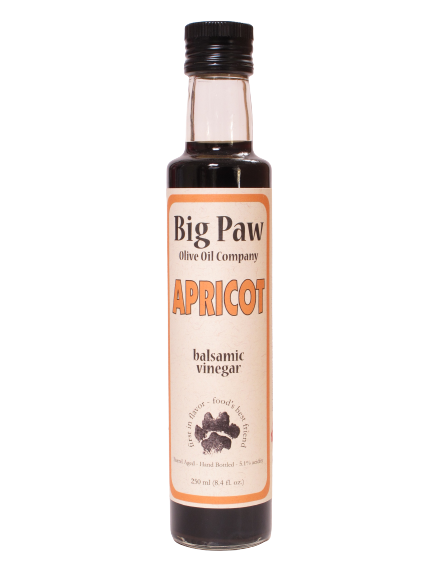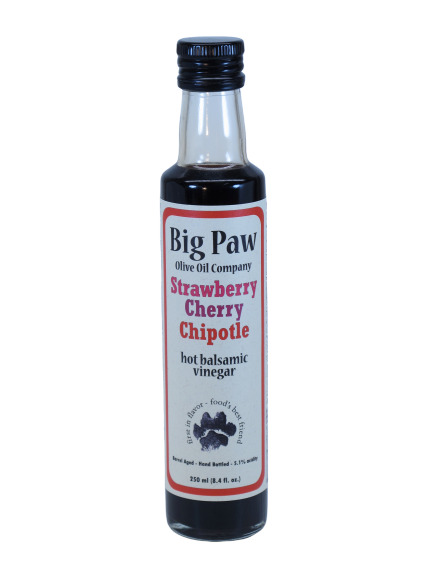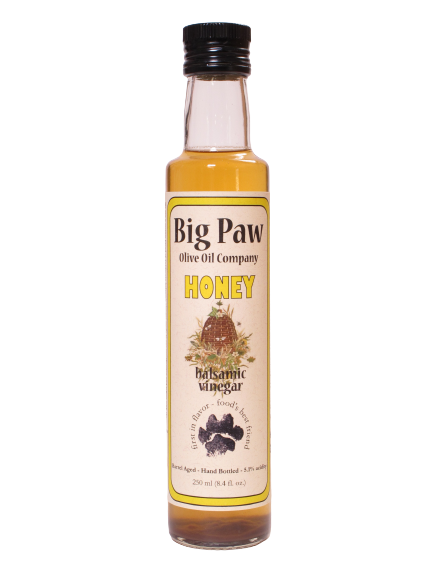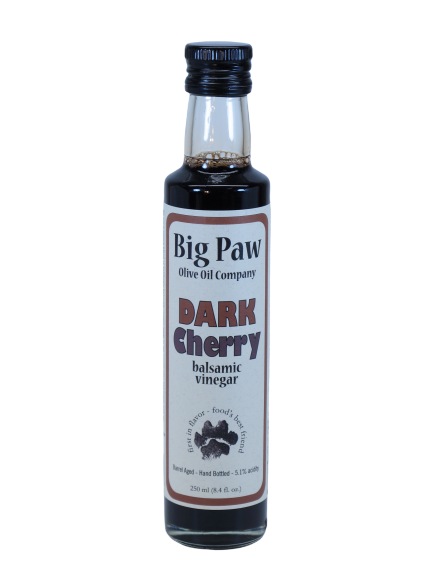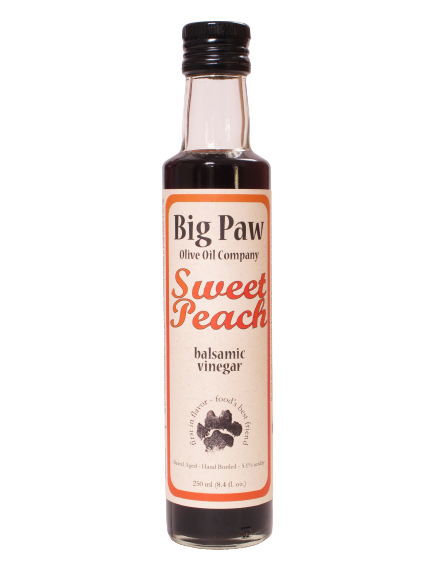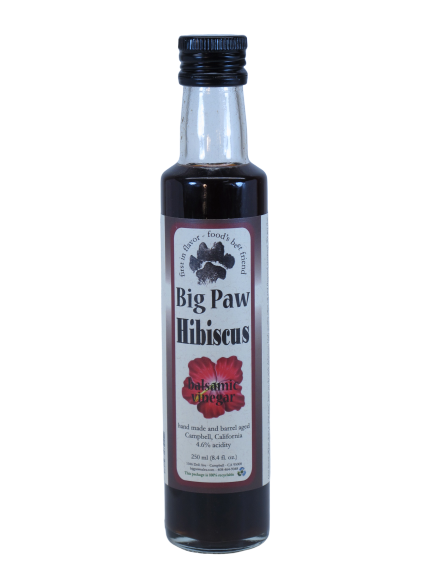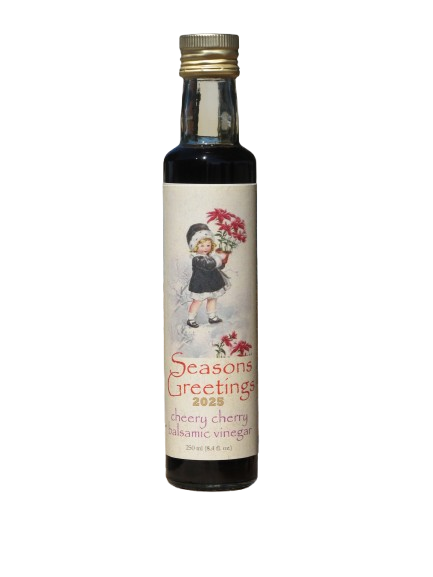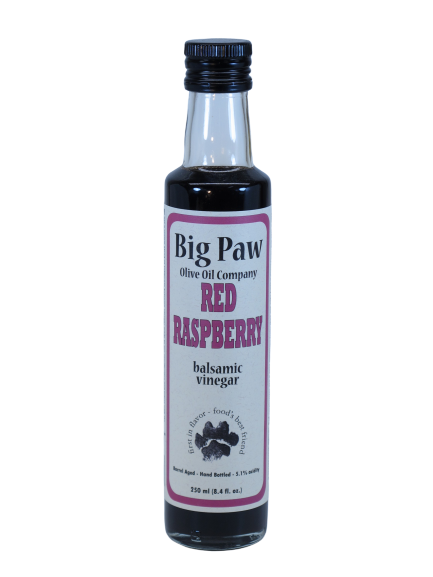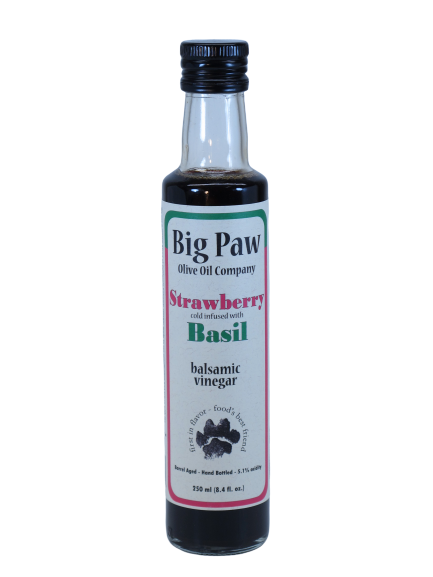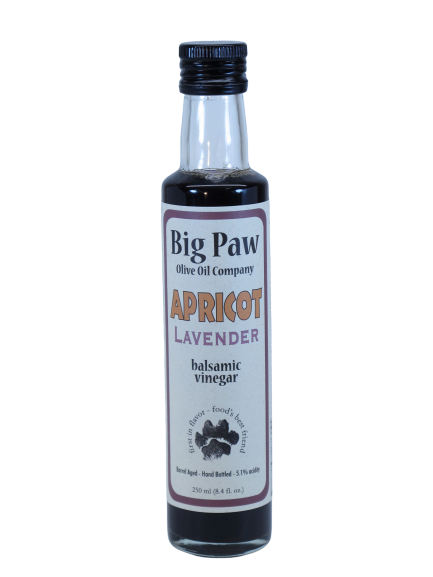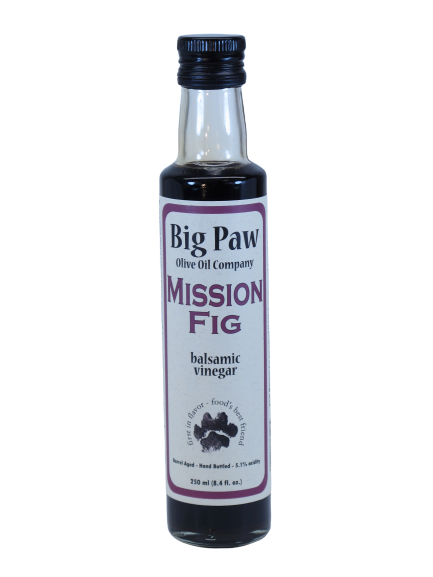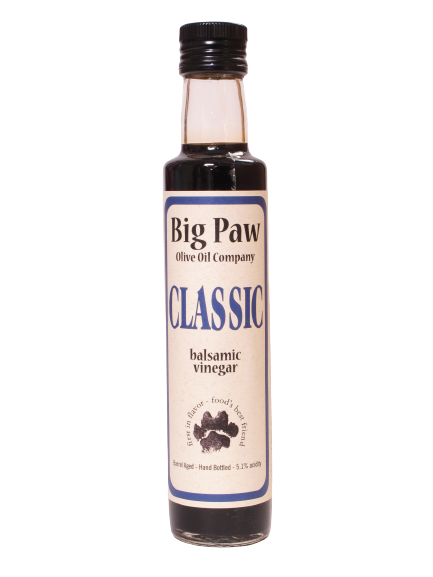Everyone knows or is familiar with traditional white Vinegar for ages, but what is Balsamic Vinegar? Balsamic Vinegar has a deep-rooted history and is well known for being a product of Modena, Italy. Its rich and healthy flavors made it irresistible, allowing it to be popularly used for many food...
Everyone knows or is familiar with traditional white Vinegar for ages, but what is Balsamic Vinegar? Balsamic Vinegar has a deep-rooted history and is well known for being a product of Modena, Italy. Its rich and healthy flavors made it irresistible, allowing it to be popularly used for many food recipes. It is a darker, sweeter, and thicker version of the traditional red wine vinegar. However, there are many different types of Balsamic Vinegar.
What is Balsamic Vinegar Made Of?
It is made with grape juice that is boiled to make a concentrate. Fermentation is done afterward and then matured for a minimum of 18 months and even up to 12 years inside a barrel of progressively decreasing size, allowing it to impart multiple flavors.
Balsamic Vinegar is not just your ordinary Vinegar. The fermented grapes came from the juice of white Trebbiano grapes, a white grape type that has progressed and taken root all over Italy. Juice from Lambrusco grapes or other varieties may be mixed in, too.
Is Balsamic Vinegar Good for You?
California Balsamic Vinegar has been popularly used in various healthy dishes such as salad dressings, marinades, sauces, and many more. Let's find out the proven health benefits of Balsamic Vinegar and why you should consider adding them to your feasts.
- Reduces Blood Sugar Levels
- Good for the Skin
- Has Antibacterial Properties
- Keeps Digestive System Healthy
- Weight Loss Properties
- Helps Reduce Hypertension
- Excellent for Blood Circulation
How Long Does Balsamic Vinegar Last?
When it comes to storing and shelf life of Balsamic Vinegar, like most ingredients, it is best to keep them out from heat and light as it could promote bacteria built up. An ideal way is to store them inside your refrigerator where it's cooler and darker, especially if you're going to be using them for salad dressings and like them chilled.
You can store them inside an enclosed cabinet shelf as long as you ensure they are tightly sealed to avoid contamination. A stored Balsamic Vinegar should last you for about 3-5 years.
What Does Balsamic Vinegar Taste Like?
Balsamic Vinegar is thicker than the traditional Vinegar we are used to. It's solid and fruity with a tart taste, similar to Black Vinegar or Pomegranate Molasses. The prosperous flavors of Balsamic Vinegar range from sweet and tangy, which varies depending on how long it has been fermented.
Best Ways to Use Balsamic Vinegar
Here, we've compiled a few recommendations on the best use the Balsamic Vinegar and incorporate them into your everyday meals.
- Salad Dressings
- Braised Meat
- Fresh Cocktails
- Marinade Sauce
- Risotto
- Great for Deserts
- Finishing Sauce for Proteins
What is balsamic Vinegar?
While traditional balsamic Vinegar (Italian: Aceto balsamico) dates back to 1046, with rich ties to the regions of Modena and Reggio in Italy, this thin-to-syrupy condiment remains a gourmet culinary staple in countries all around the world, many of which produce mixtures of intense and concentrated varieties of their own.
Made wholly or partially from grapes, balsamic Vinegar is slightly sweet and possesses a distinct dark coloring and delicious intensity with the power to enhance salad dressings, marinades, and sauces. That being said, each grape's origin and the years it has spent aging will contribute to the overall quality of the finished product. The two main types of balsamic vinegars are:
1. Traditional balsamic Vinegar is made using only one ingredient, the sweet juice of freshly pressed grapes. Once extracted, it's boiled to a concentrate, fermented, and acidified, then left to age for 12+ years. Highly crafted, traditional balsamic Vinegar will be made in small batches and can range in price.
2. Modern commercial balsamic Vinegar is usually the grocery store special, which combines concentrated grapes with wine vinegar to speed up the acidification process, produce a higher volume of products and sell more bottles. This type of balsamic Vinegar is typically aged anywhere from two to three months in large oak barrels.
What makes our balsamic vinegars special?
Big Paw stands not just from the particular characteristics and flavor profile of our balsamic vinegar but also through the level of attention to detail in the production. We take pride in only bringing the best ingredients to your home tables. Giving you a taste of rich and flavorful options, you'll enjoy your intimate gatherings with friends and family even more with good food on the table.
Where to Buy Balsamic Vinegar
If you are excited to try our beautiful california olive oil and balsamic vinegar recommendations, you'll be pleased to know that there's more! Offering more exciting, rich Balsamic Vinegar from California, visit us at Big Paw Olive Oil Company and explore them for yourself!
- Finishing Sauce for Proteins


 Fax : 1-973-799-0901
Fax : 1-973-799-0901 Call us now: +1 408-464-9048
Call us now: +1 408-464-9048


